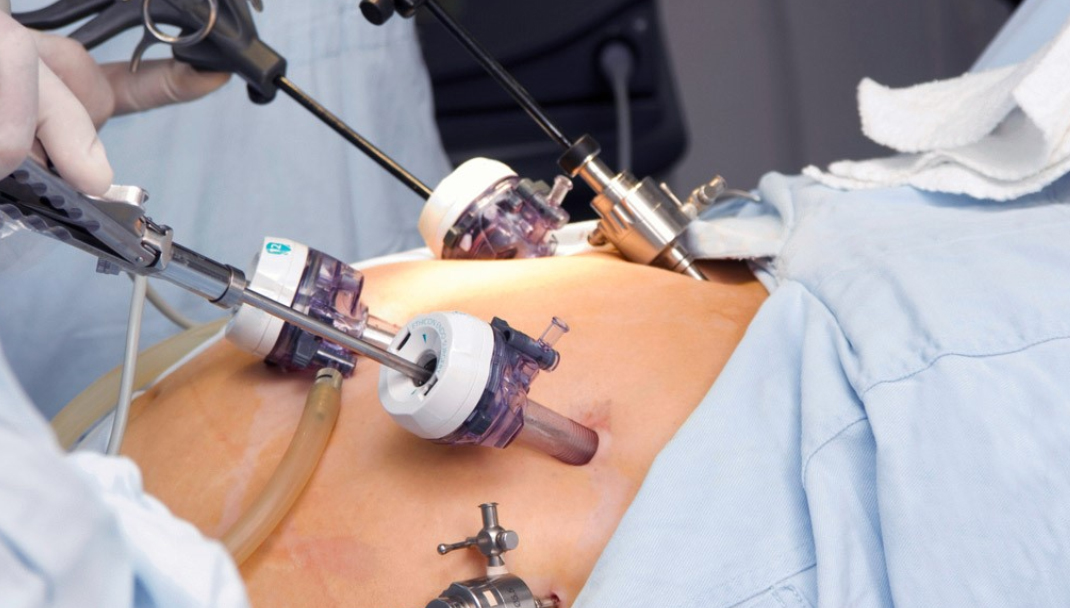FAQs

When can I get plastic surgery after a obesity surgery?
Active weight loss continues at least for a year after surgery. Patients celebrate the new healthy body by scheduling abdominal, arm, leg, and chest surgeries. However, we recommend you to wait at least a year before planning additional surgeries to determine current weight loss and give the body the best opportunity to adjust to the new reality.
Pregnancy And Sexuality
There is no problem if you continue with your sexual life after 15 days.
After the surgery, the quality of your fertility and sexual life increases significantly due to the weight loss. The reasons for the positive effects are the healing, mobility, hormonal balance and the increase in motivation after the surgery.
Remember that the baby’s health depends on the mother’s health. It is good for you and your baby’s health to wait at least 18 months after the surgery.
Will hair loss happen?
Hair loss can occur after obesity surgery. The severity of hair loss varies from person to person.
Hair loss is related to the decrease in iron, vitamin B12 and zinc levels. In almost all cases, when these vitamins get back into the normal range, the hair will begin to grow back in the first year.
Will I have a lot of scars?
A laparoscopic surgery leaves a few small scars, each around 2 cm. Over time, they will fade and be barely noticeable. Those who have difficulty with healing of scars should apply Contractubex cream thinly three times a day for 3-6 months.
When can I go back to work?
If you are not working from home, we recommend that you return back to work 2 weeks after the surgery. This period can last up to a month for those who do hard labor.
When should I start to exercise?
We advise to take it slowly with physical activities.
Once you get home, you will be asked to get up and for the first week you should take fairly long walks (20-30 minutes) twice a day. You will also be instructed to do exercises at home.
From the 2nd week onwards, you should start a 45-minute walk in the morning and evening.
You can start jogging after the 1st month.
You can start Pilates or Zumba after the 2nd month to get your body in shape.
In the 3rd month you can start fitness to keep your body toned and prevent sagging of the skin. You shouldn’t be working with heavy weights though.
No any abdominal exercises for 6 weeks.
How will I follow the nutritional recommendations?
Op.Dr.Murat Aynacı will provide you a customized diet list. He will also explain you in detail about your nutrition during a brief consultation. It is important to remember that permanent weight loss and healthy lifestyle is a two-step process. The first step is the surgery that causes significant weight loss. The second step consists of the diet and lifestyle changes with which give you the best weight loss results and to keep it that way for a long time.
Will I feel hungry?
No. One of the many benefits of Bariatric surgery is that it reduces the hormone ghrelin, which is responsible for appetite. Less ghrelin means you will feel less hungry.
When can I drink water again after the surgery?
The day after the surgery, you can take a sip of water every 30 minutes.
Will I feel any pain after the surgery?
Following days after the surgery, discomfort and pain may occur. The sensitivity of the pain varies from person to person. Which can be easily controlled with pain medication.
How long will I stay in the hospital?
You will stay in the hospital for a total of 4 nights and 5 days.
How does the hospital processes work?
After you are admitted to the hospital, a nurse will take blood samples from your arm for pre operative laboratory tests. Lung X-rays and EKGs are then used to assess the lung and heart rhythm. In the radiology department, an ultrasound of the abdomen will be done to examine the liver, stomach, gallbladder, and pancreas. Once the results are out you will be examined by internal medicine, cardiology, anesthetists, and nutritionist departments. Once everything looks good, the stomach will be examined more closely by gastroscopy under general anesthesia.
After gastroscopy, surgical preparations are made and the patient is taken to the operating room.
How long does the operation take?
The average time for operations is between 2 and 3 hours, including the preparations. 2-2.5 hours for the sleeve gastrectomy, 2.5-3 hours for the mini gastric bypass, 3 hours for the gastric bypass.
STAGES OF YOUR JOURNEY

Before the surgery

Operation Day

After Surgery




